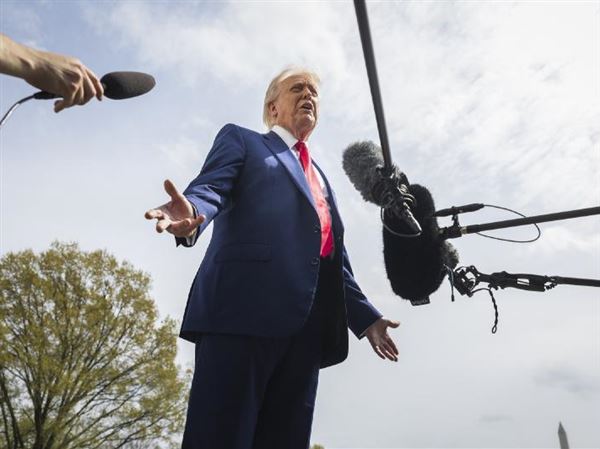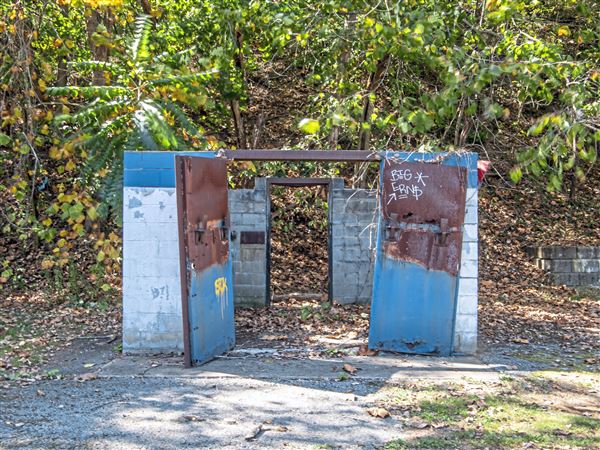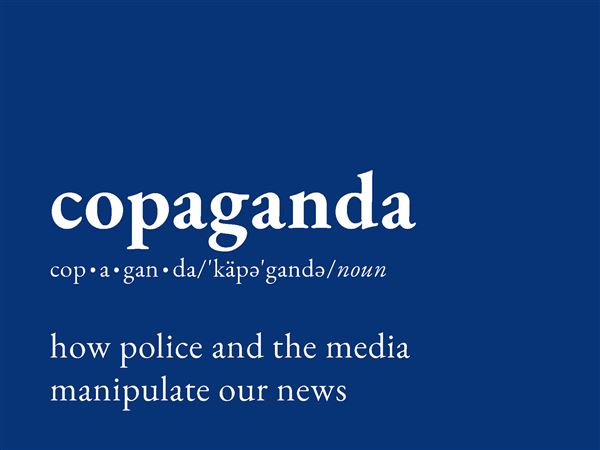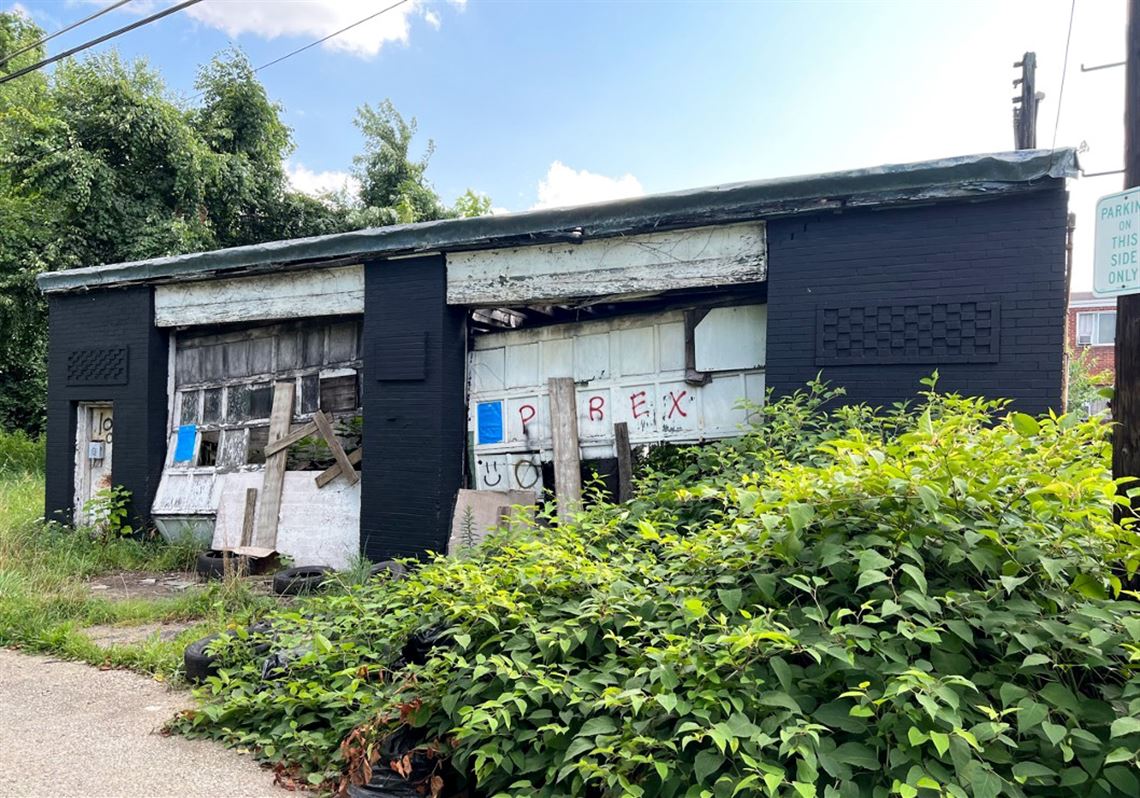Last week, the Pittsburgh Land Bank board approved the first tranche of property acquisitions since being liberated by City Council to purchase city-owned properties earlier this year. But to reach its full potential, the land bank needs to strike an agreement among the city’s three taxing bodies — Allegheny County, Pittsburgh Public Schools and the city itself. The step to getting there, which should be simple, is placing representatives from each of the taxing bodies on the land bank board.
The Pittsburgh Land Bank is a nearly decade-old agency, but it has been hampered from the start, largely by politicians who never gave the agency what it needed to succeed.
Many blighted properties owe tens of thousands of dollars in back property taxes, which are split among the three taxing bodies. Without a so-called “three taxing bodies agreement” to clear the titles of land bank-purchased properties of those liens, the bank has to use loans to pay them off itself, which is expensive and bureaucratically onerous. The agreement would entail the taxing bodies assenting to forgiving some or all of the back taxes — in order to get the properties back on the market, and on the tax rolls.
But if the county and the school district are going to give the land bank the power to forgive back taxes, they’re going to want representation on the board. There are two ways to get there: direct mayoral action, or City Council legislation.
The land bank board is made up of mayoral appointees, city councilors representing districts with the most blighted properties, and Pittsburgh residents from districts with different levels of blight. Conveniently, two of the three mayor-appointed slots currently sit empty — just enough for the county and the school district. In the two years since assuming office, however, Mayor Ed Gainey hasn’t filled either of the seats. It should be easy to bring in a representative from the school district and the county to fill these open slots, at least as a temporary arrangement.
Ultimately, to ensure permanent three-taxing-bodies representation on the board, City Council will have to change its composition. This is politically delicate, since it may be seen as diluting the mayor’s control over what is, fundamentally, a city organization.
But it’s also politically essential: Mayor Ed Gainey should return to the collaborative spirit that animated his first months in office, bring all the stakeholders to the table, and pound out an agreeable compromise.
Making progress at the land bank has been slow going, and a new tax agreement won’t be a magic bullet. For instance, the land bank will need more staff and a larger operating budget to be effective — investments that should pay off in long-term increases to the tax base.
But it will remove one more shackle from an agency that, we still believe, can help transform the City of Pittsburgh.
First Published: November 10, 2023, 10:30 a.m.


















